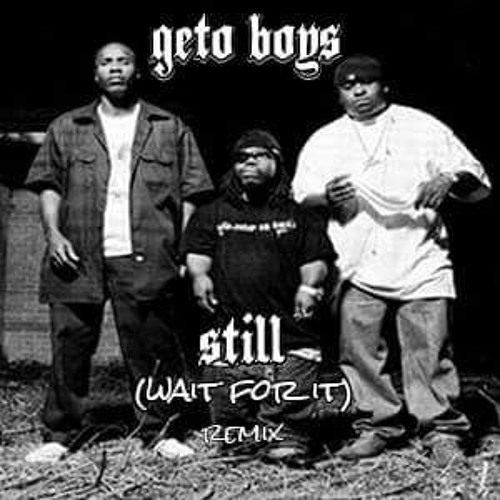

Officer, crooked officer / Why you wanna put me in a coffin, sir?”

What was surprising about “Crooked Officer” was that it didn’t happen earlier in the Geto Boys discography and that it didn’t stir “Cop Killer”-level controversy, although that can partly be explained by the smallness of the label and the fact that for the single version the chorus had been changed to “Mr. Officer, crooked officer / I wanna put yo ass in a coffin, sir” chorus, as each member vents his frustration with law enforcement, bringing forth familiar accusations and making very explicit threats. Revised, it became the lead single for “Till Death Do Us Part.” Mike helms the memorable “Mr. The concept for “Crooked Officer” had originally been developed by Big Mike when he was at Death Row and might have even ended up on “The Chronic” in some form. The album’s most political song targeted the usual suspects. As Frank Williams put it in his Source review of “The Resurrection”: ‘More overtly than any recent rap group, the Geto Boys in 1996 make it clear that the ’80s Black consciousness of BDP and Chuck D now lives in the undercurrents of gangsta rap.’ In 1993, Lil’ J was the one to put it into context while his rappers were still in the process of discovering said consciousness. Rap-A-Lot, especially when spearheaded by the Geto Boys, always saw itself as a force in fighting the power.

So those people whom I referred to earlier (…) they say: Those guys at Rap-A-Lot must be doing something wrong, because it’s no way a group of niggas from the ghetto can run a multi-million dollar business.” But there is still one problem – I’m black. I did it the way it was supposed to be done, by hiring lawyers and accountants, to make sure everything was done legally. And together we built a multi-million dollar record company in a few years. I work my ass off, I pull brothers off the street. Referring to “the DEA, IRS, and other wicked people in high places,” Smith for the first time alludes to a conspiracy to bring the label down on trumped up charges, which he counters as follows: “I didn’t allow myself to be systemized by the welfare system and poverty that they try to handicap us with in the ghetto. The “Intro” finds him talking in his careful, Corleone-like manner, mentioning “a lot of people mad about our success.” If you think you’ve heard this one before and expect a tirade against haters, you must be a newcomer to the Rap-A-Lot saga. With the Ghetto/Geto Boys being the label owner’s vision from day one, it didn’t come as a surprise to hear him open and close the new album. Under the watchful eye of James Smith, the trio revisited some GB staples and introduced a few new nuances to the repertoire. Despite well received solo albums and two members taking their leave, the Geto Boys kept going after the platinum success of “We Can’t Be Stopped.” Behind the scenes DJ Domination (today known as Domo) took longtime member DJ Ready Red’s spot, and up front Willie D was replaced by New Orleans transplant Big Mike, who was already familiar with the proceedings at Rap-A-Lot Records as one half of the Convicts.


 0 kommentar(er)
0 kommentar(er)
